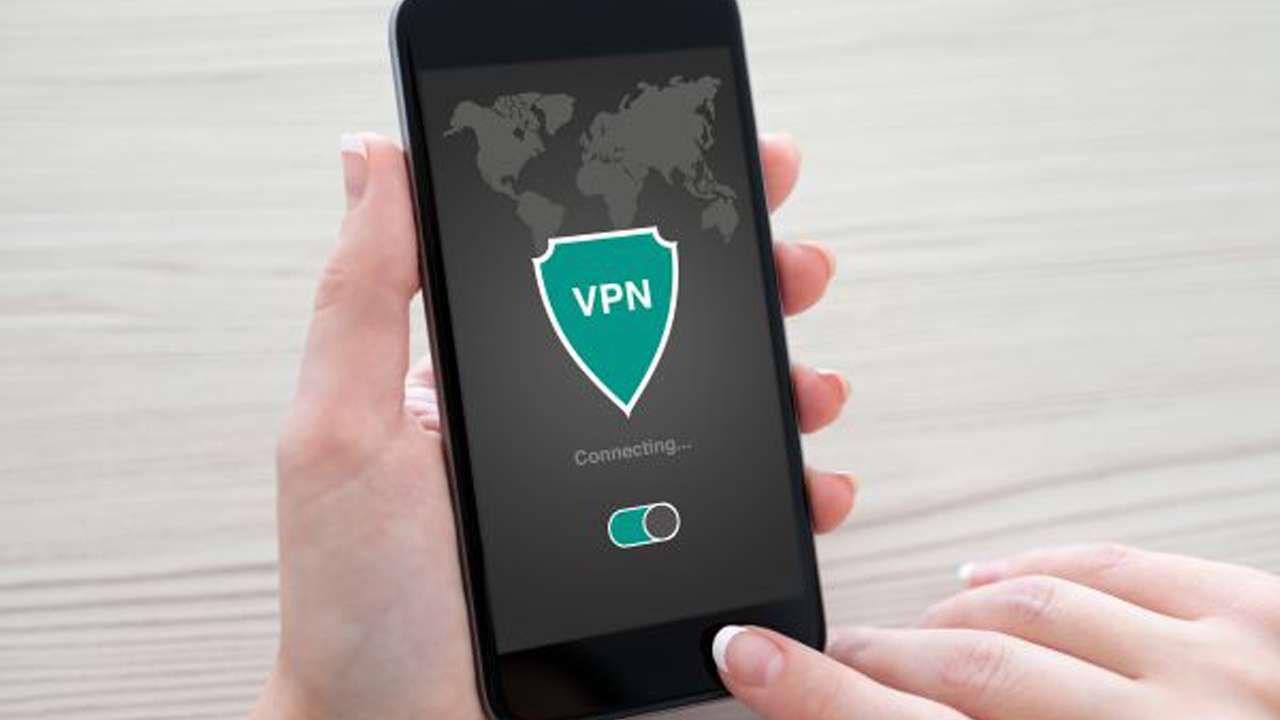Why should I get a free VPN?
They might be a little light on features, but free services aren’t entirely useless

The basic mechanics of a VPN are the same whether you pay for the service or not. They mask your IP address and encrypt your data, making it almost impossible to snoop on your internet sessions. However, free VPN services are often restricted and don’t enable complex features like torrenting support.
Generally, a free service won’t give you anywhere close to the functionality of the best VPN, especially when it comes to streaming and data allowances. But there are some things they can do, and occasional users might find them helpful.
What are free services good for?
If you’re an infrequent user, then it’s worth giving a free service a try. They provide you with some privacy while browsing on unsecured Wi-Fi networks and enable you to use the internet anonymously too.
A free service can be useful when logging on to public Wi-Fi networks and for added privacy, but if you intend on using a VPN daily or need one for a specific reason, like torrenting, then it’s best to avoid a free product.
With VPN technology you really do get what you pay for. A good paid-for VPN will enable you to stream your favorite shows while you’re out of the country, keep you safe while torrenting, stream content from services abroad, and more. Paid-for VPNs often include uncapped data limits and operate at decent speeds too. But don’t disregard free services completely.
There are some providers out there that claim their product can be used as a free Netflix VPN. Reliability is an issue, but you can always try the service out for yourself, and with some, our testing revealed that they can work in certain circumstances. However, if you want to do anything else than add a little extra protection whilst browsing the web you really are better off opting for a paid-for service, especially if you’re a regular VPN user.
- For the best connections, go with a fast VPN
- iOS users need a great iPhone VPN...
- ...and Android users need the best Android VPN
What are the downsides?
Where do we start? Although all VPNs use similar mechanisms, some more advanced than others, free services are very much restricted. If you’re a regular VPN user you’ll quickly identify the limitations, including restricted daily data allowances, slow speeds, and insufficient website unblocking functionality.
Sign up to get the BEST of Tom's Guide direct to your inbox.
Get instant access to breaking news, the hottest reviews, great deals and helpful tips.
Pretty much as a rule, you have to pay for a VPN if you want to stream content. As we mentioned, some free services do offer website unblocking and streaming features, but only paid-for products can provide you with a regular, uninterrupted connection.
Add to that the fact that data limits are usually very low, and streaming via a free-to-download VPN is usually not worth the effort. You also need to remember that free VPNs may also come with annoying ads – they need to be paid for by someone.
- Apple users need a Mac VPN, and PC users should get a Windows VPN
What would we recommend?
With these considerations in mind, we would always recommend a paid-for service. For users who require the very best service, look no further than ExpressVPN. With over 3,000 servers, split tunneling, a kill switch, unbeatable streaming power and more, it’s our top-rated provider and is the best choice in pretty much any situation.
Plus, if you have any trouble using ExpressVPN, you'll have access to its great 24/7 live chat support. Whether you can't watch US Netflix or are having trouble installing the app, they'll be able to help. And the icing on the cake is a 30-day money-back guarantee so you can trial the service with no risk. What more could you ask for?
However, if you only intend to use a VPN occasionally but want a reliable service that can do everything a VPN is capable of, then you might want to opt for a cheaper provider. One of the best cheap VPN services available is Surfshark, with plans starting at just $1.99 per month on a two-year contract.
Kieron is a freelance science and technology journalist with more than a decade of experience writing for magazines in print and online. Today, his focus is on cybersecurity, blockchain, and emerging tech. He also has a passion for social affairs, arts and culture and travel writing, and recently launched a new publication covering social activism and the volunteering sector.



